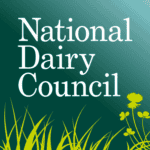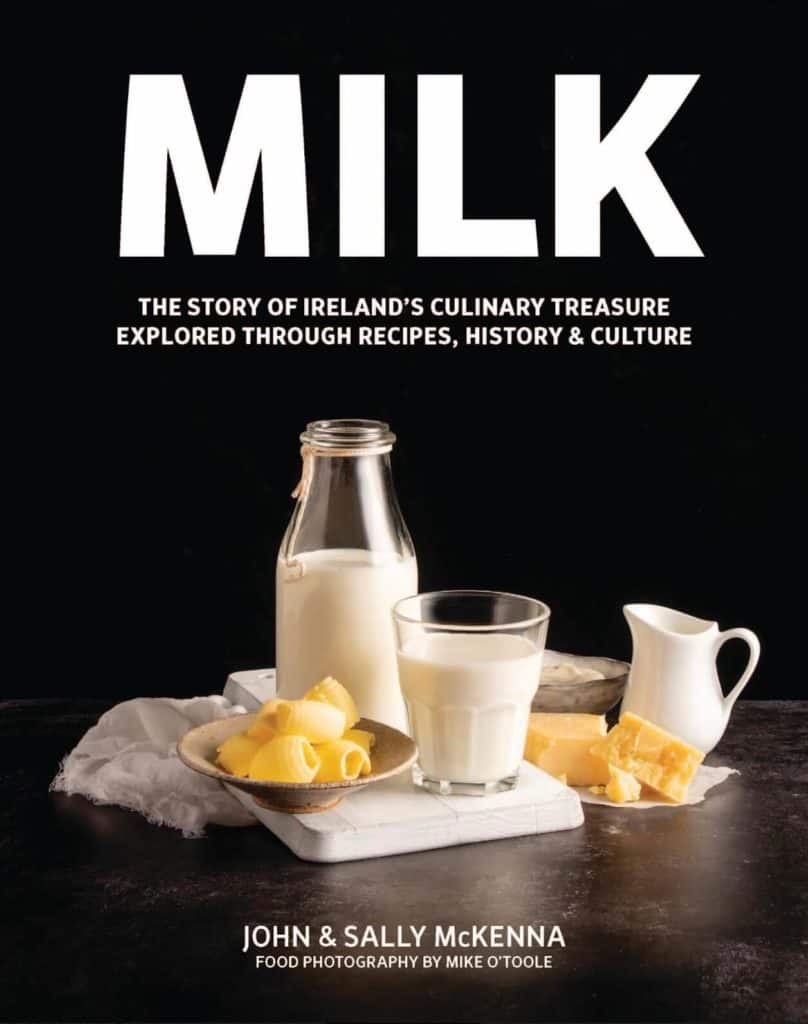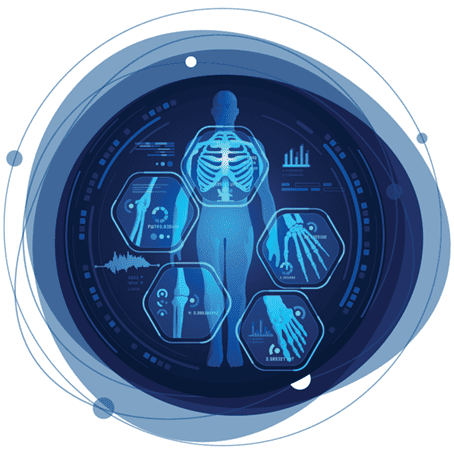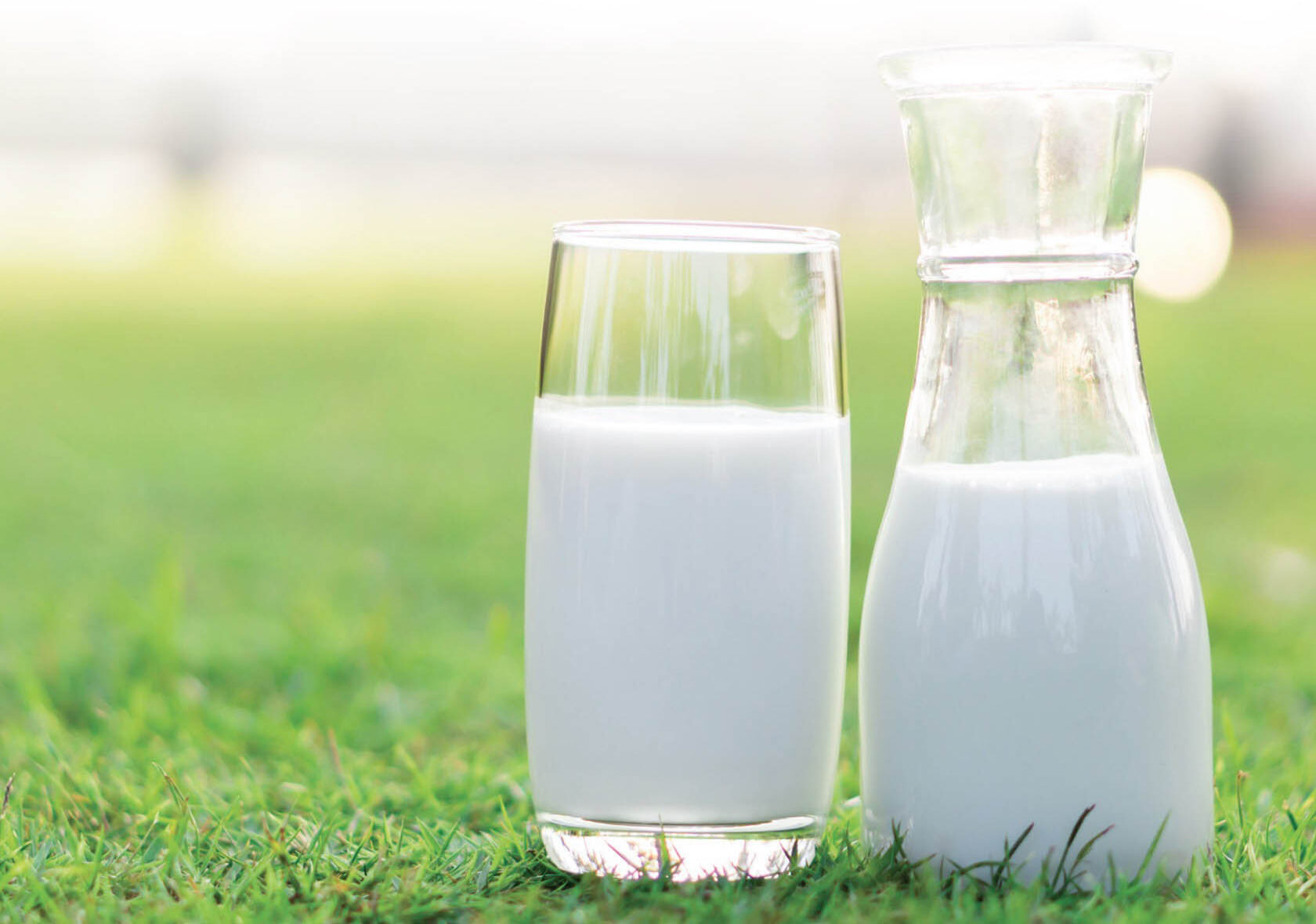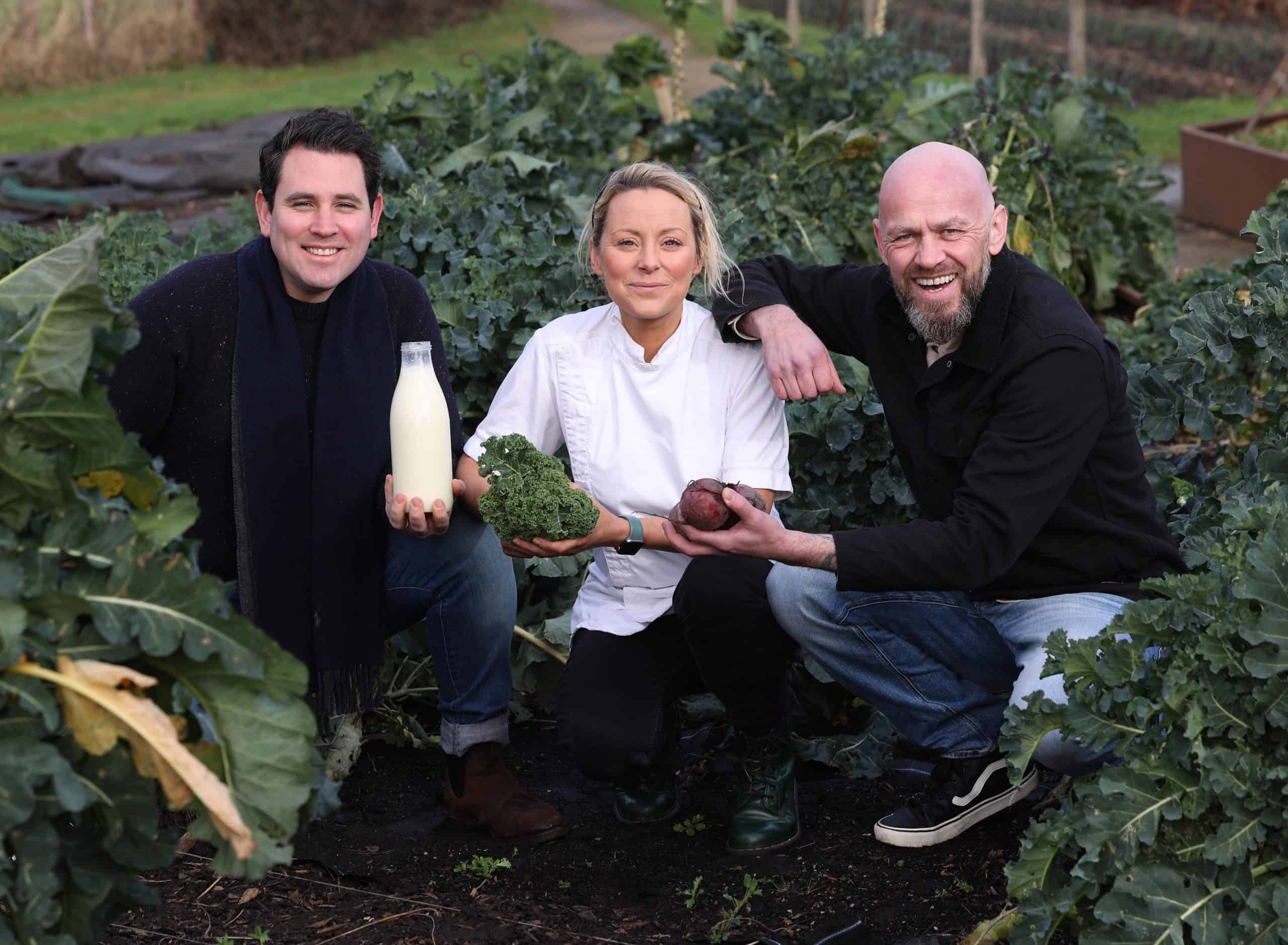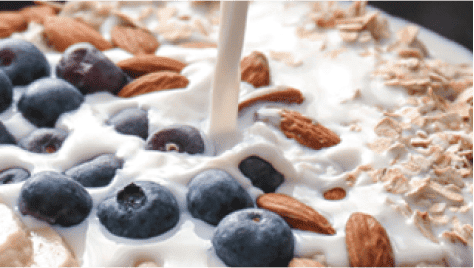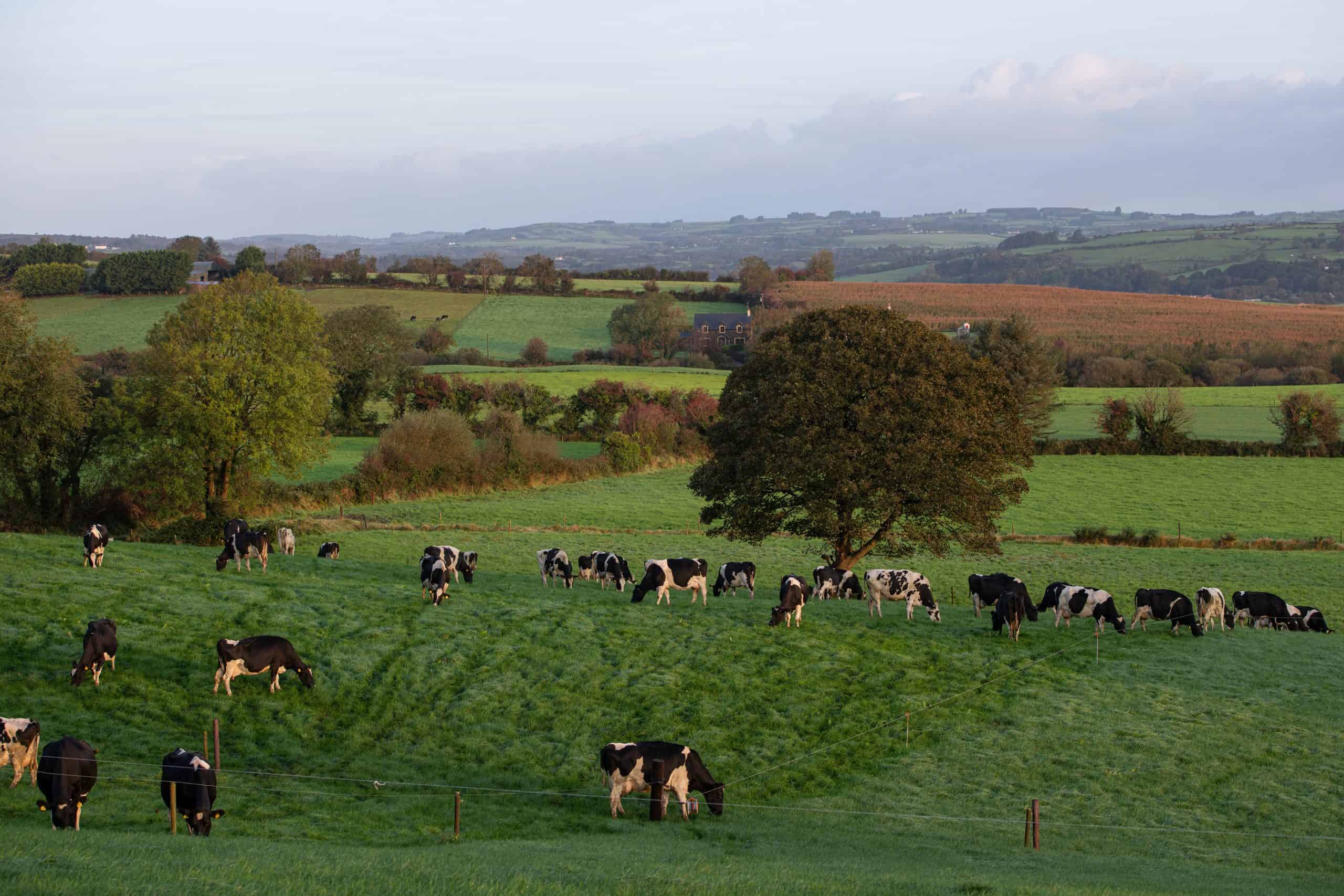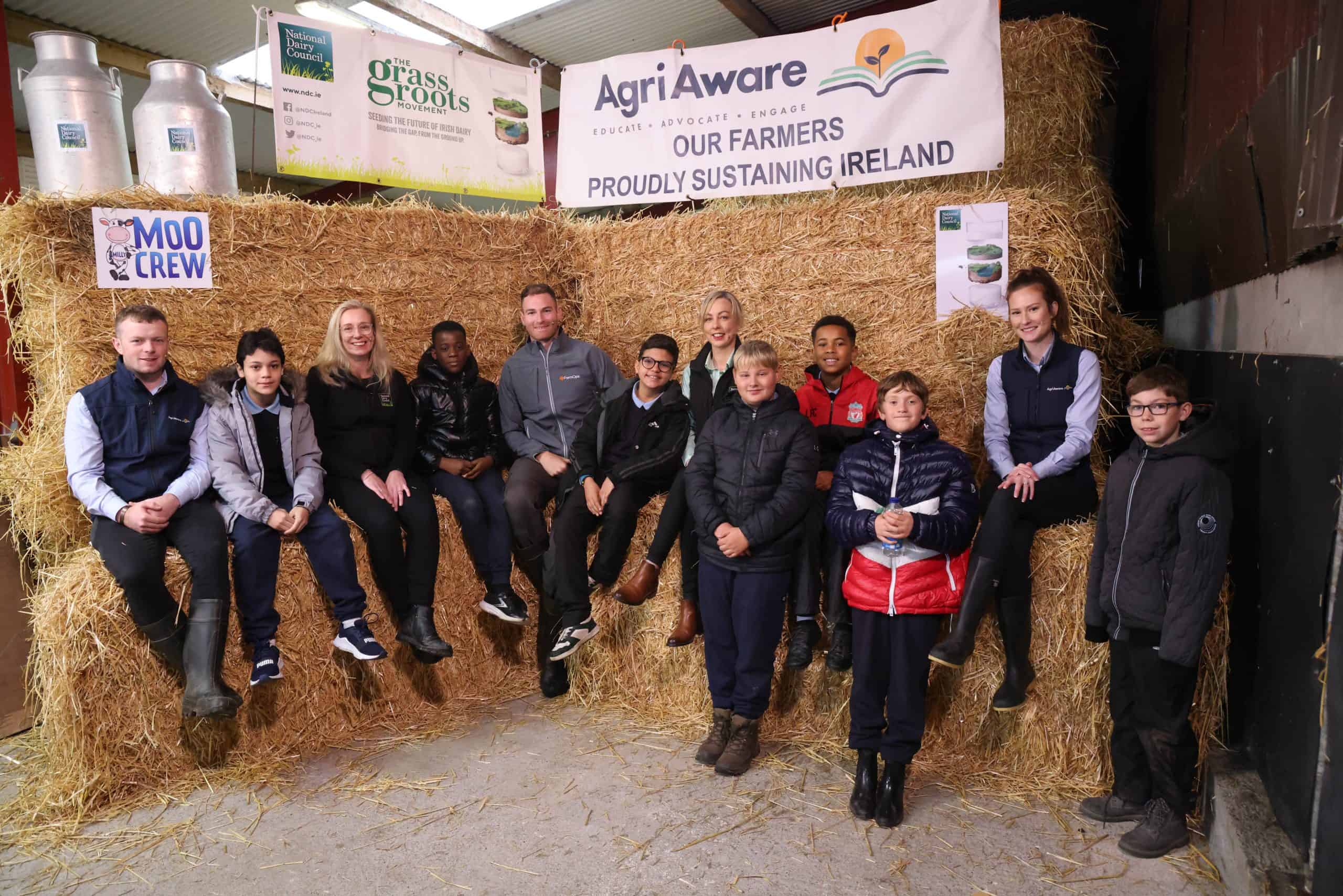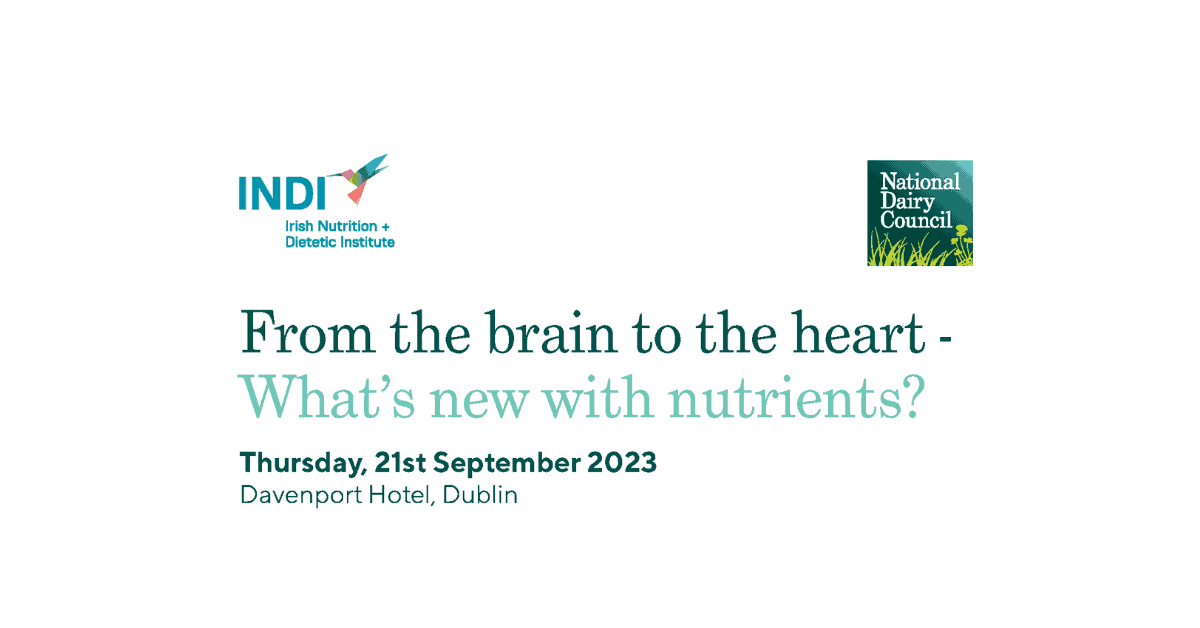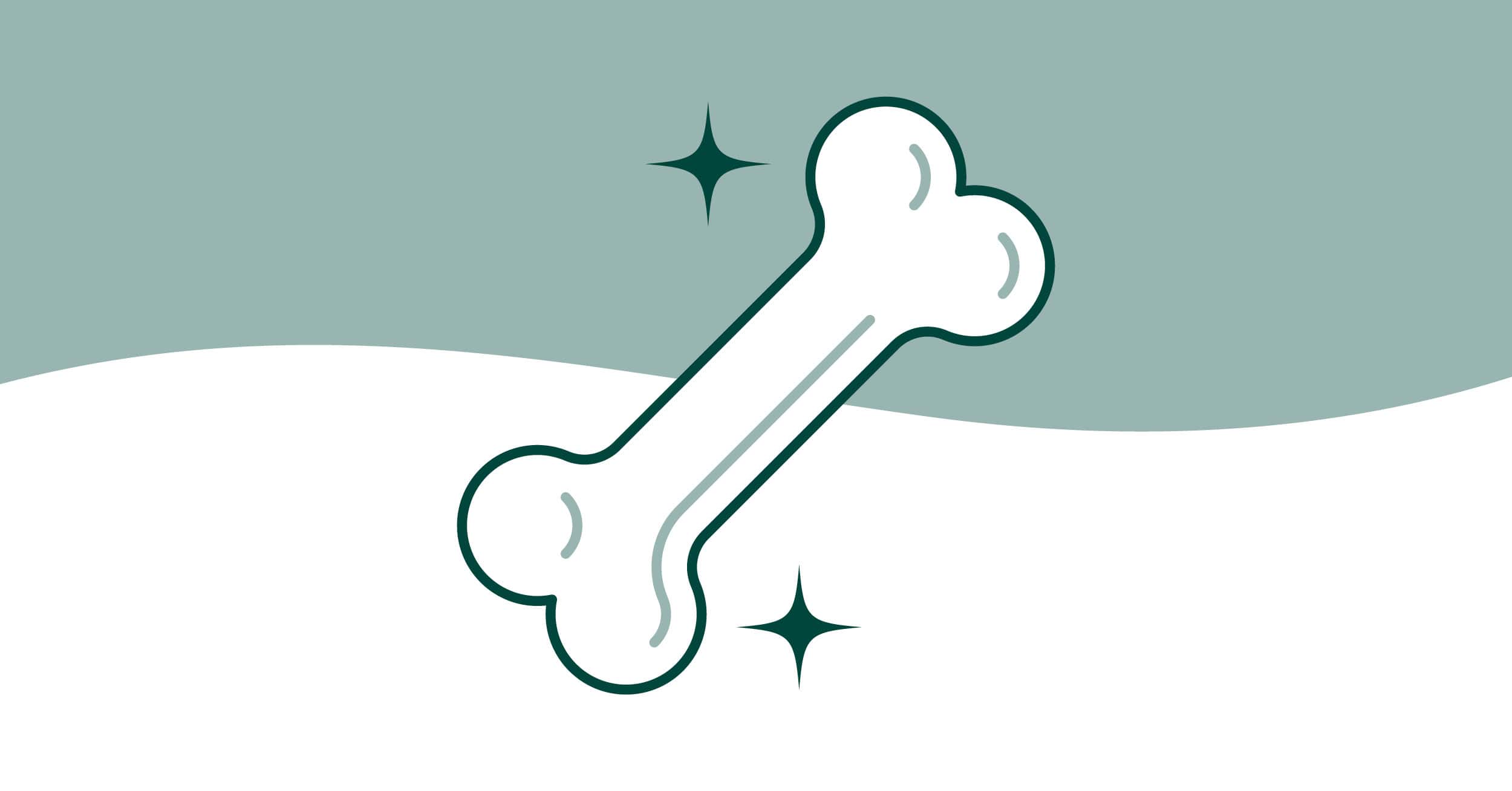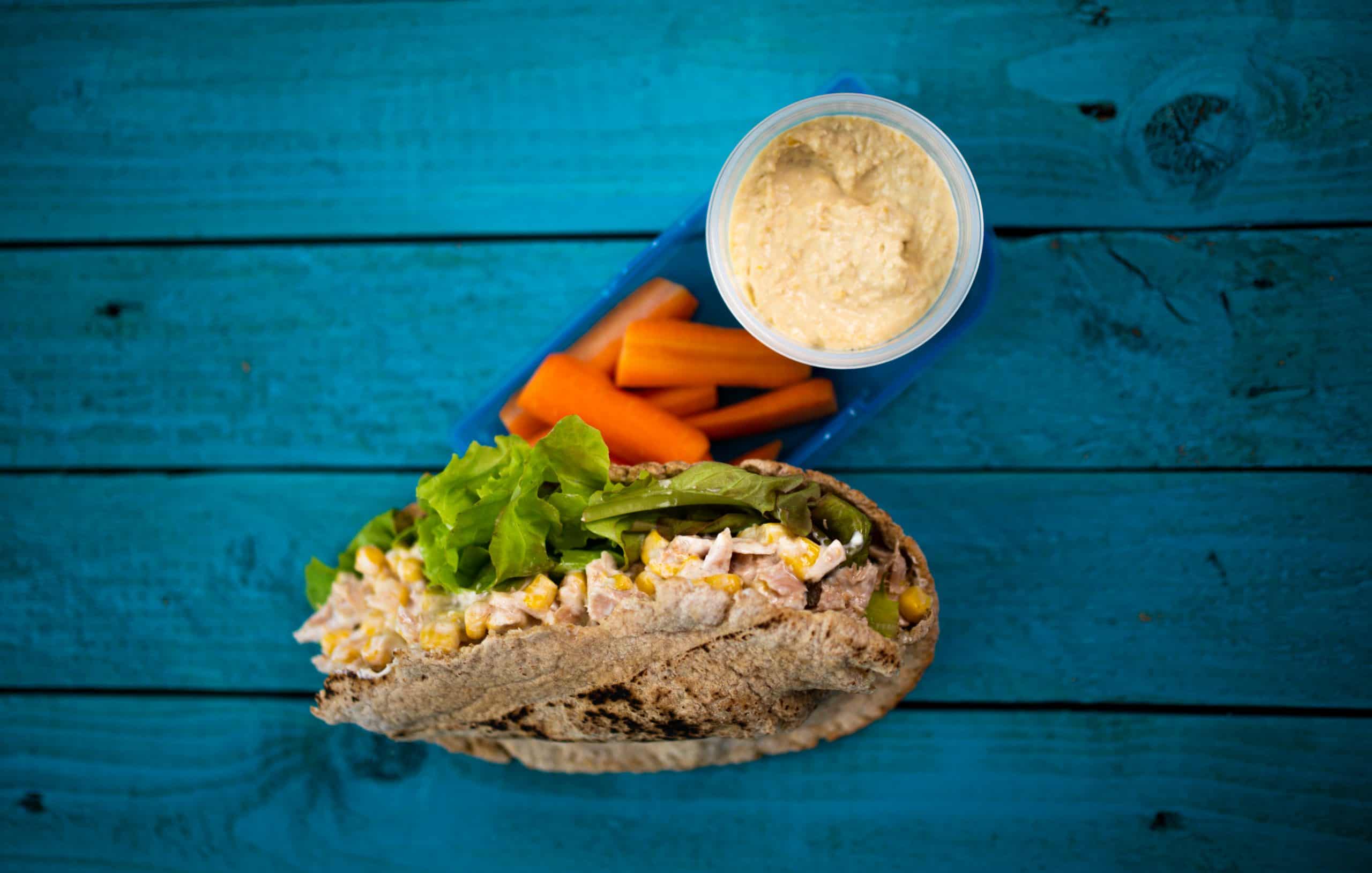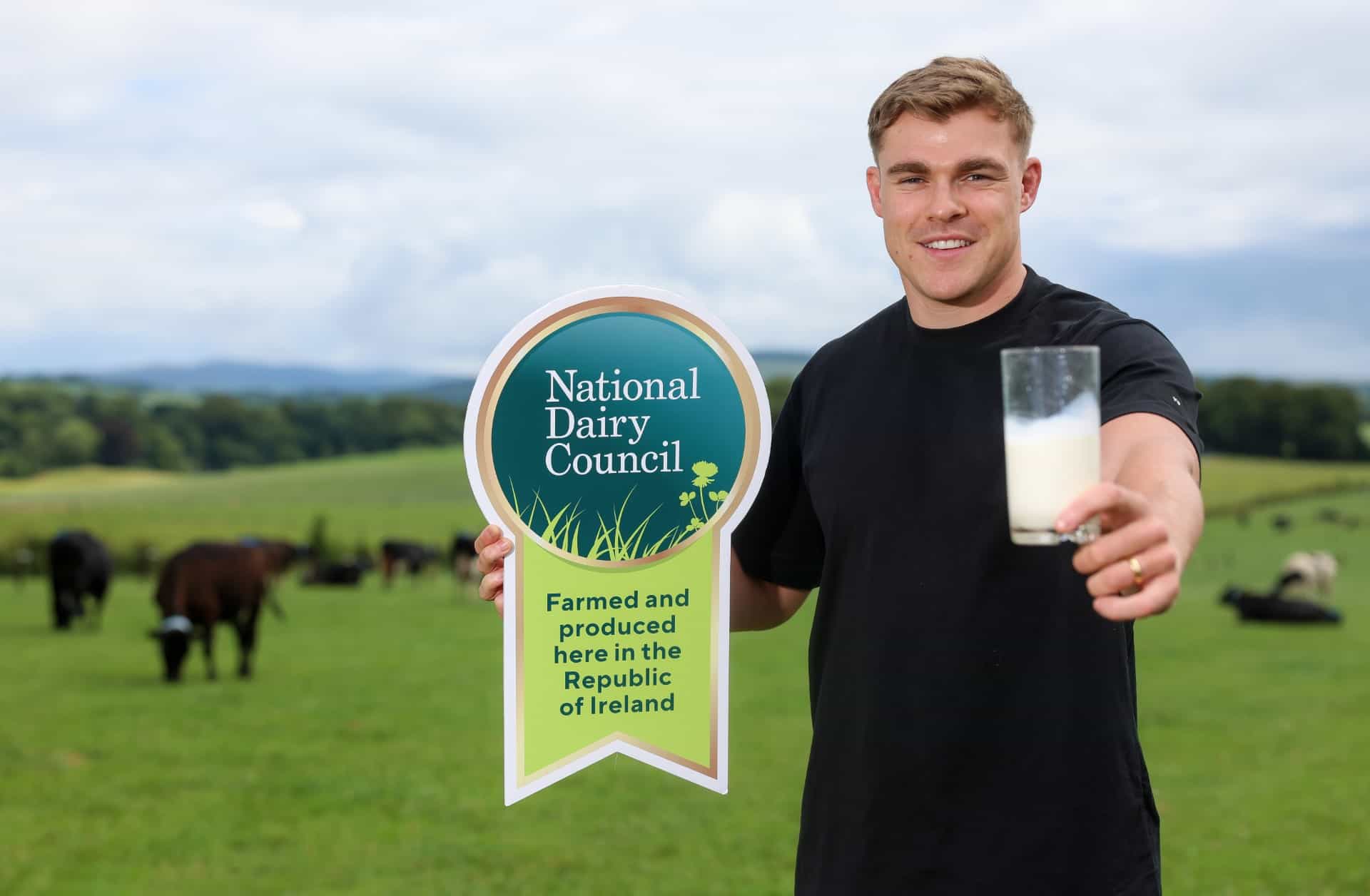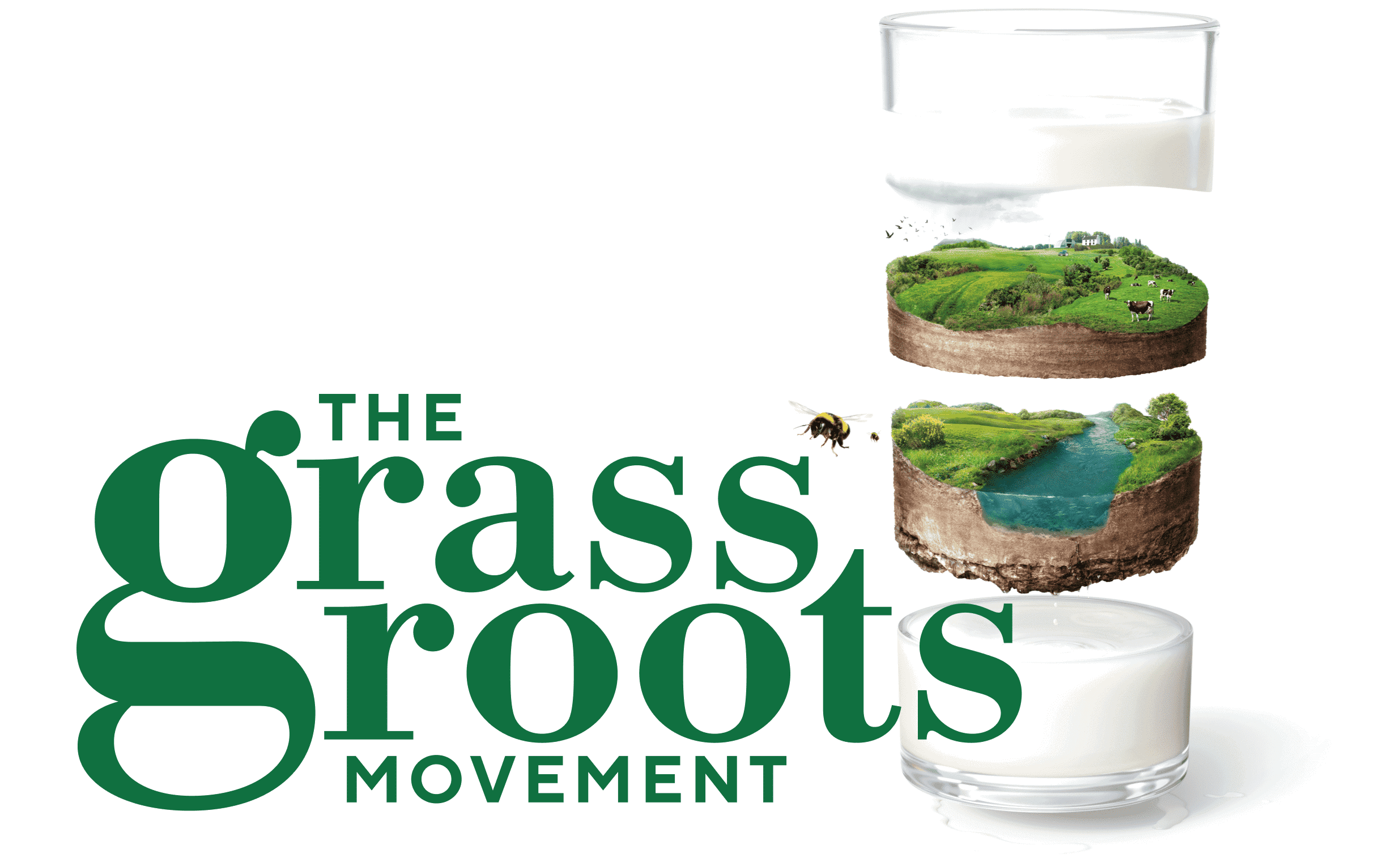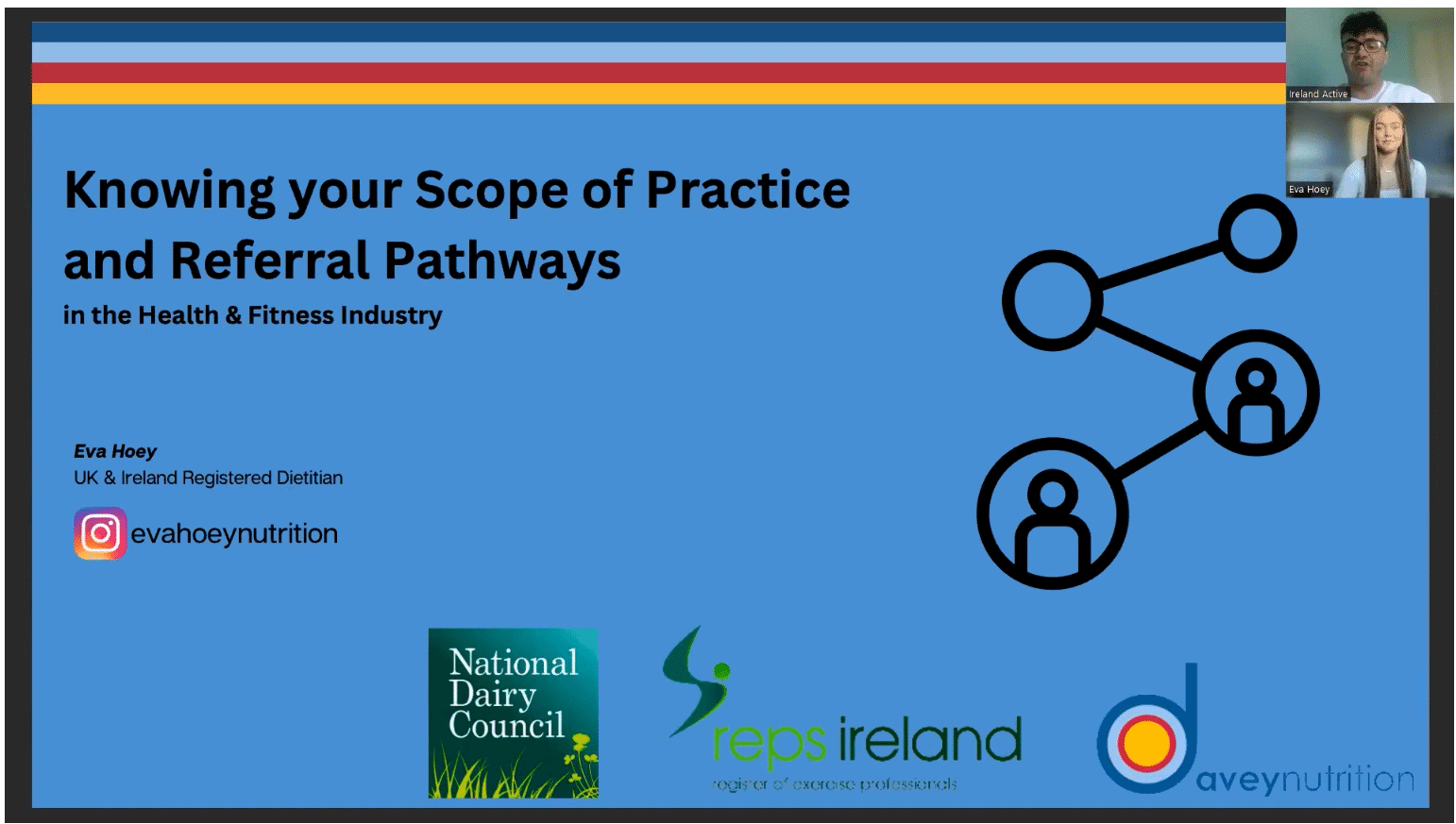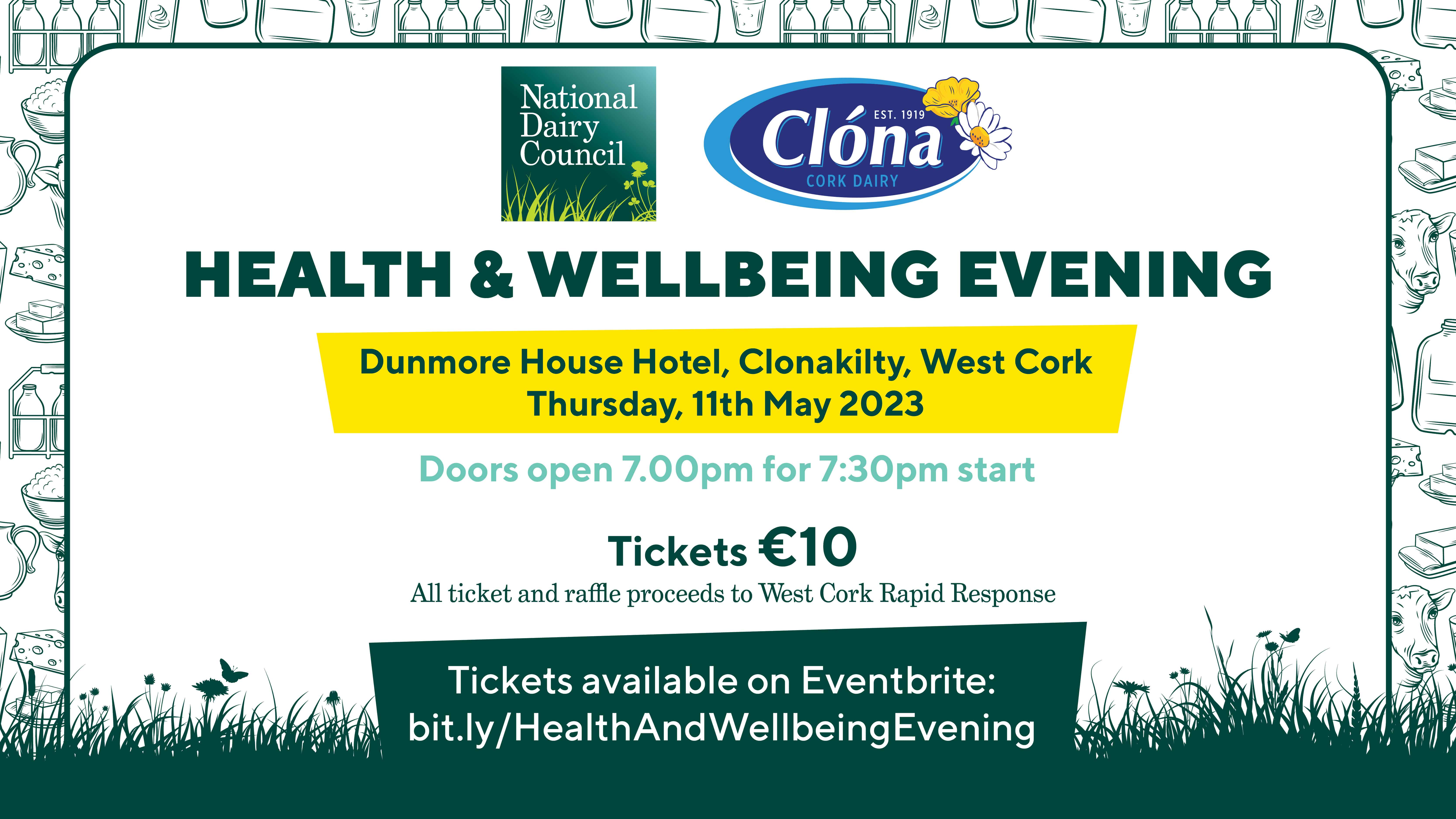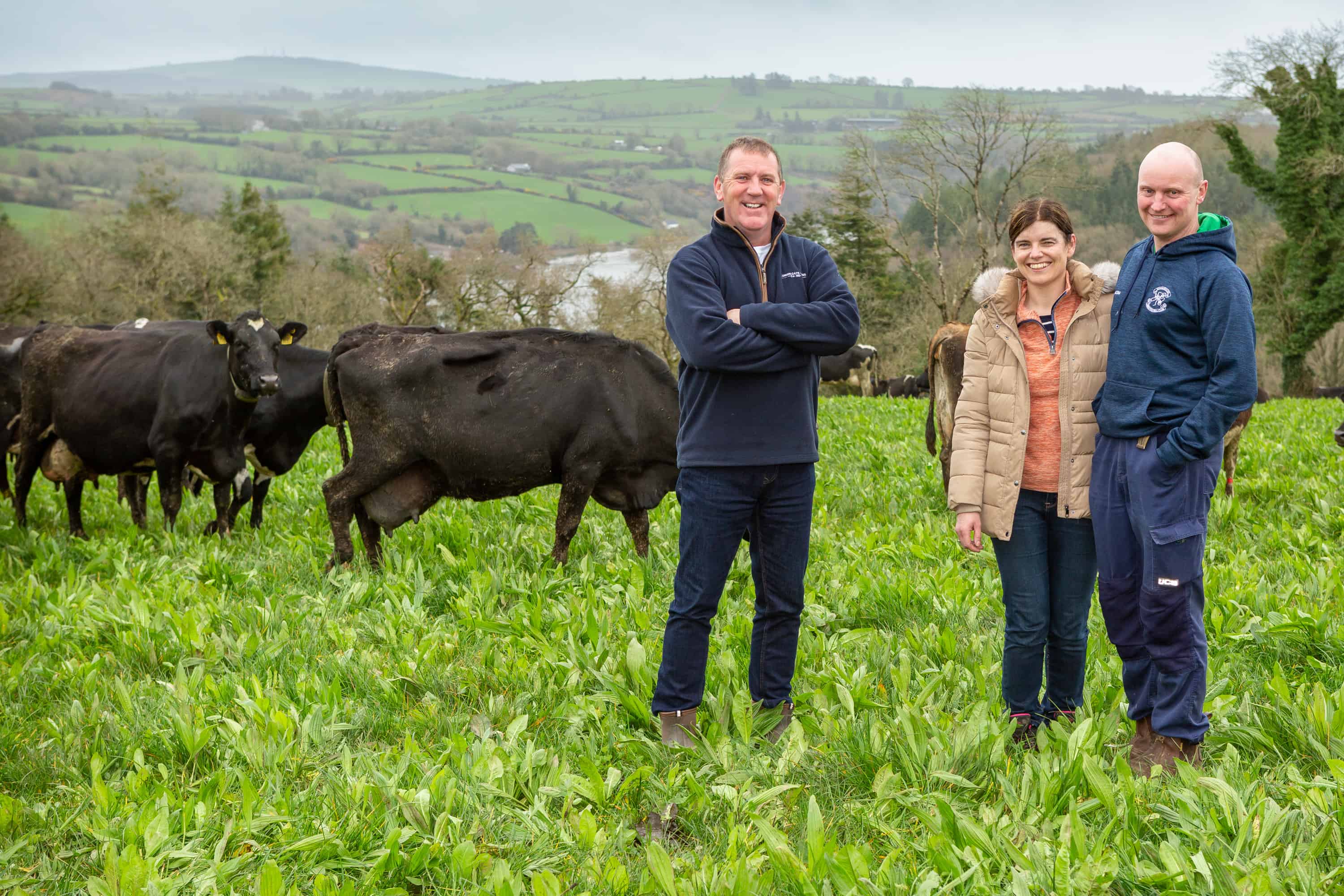It is estimated that worldwide, an osteoporotic fracture occurs every 3 seconds. Osteoporosis is a disease which gradually weakens bones, leading to painful and debilitating fractures with the most common sites for a fracture to occur being the hip, wrist and spine. This disease occurs when bone mass continually decreases more quickly than the body can replace it and the risk increases as we age.
In Ireland, 300,000 people over 50 years are estimated to have the condition. However, it is often referred to as a silent disease as it can go unnoticed, without symptoms, until a fracture occurs. In fact, only about 15% of people with osteoporosis get diagnosed. As they say, you are what you eat – and that’s very true for your bones too. Bones, formed of living tissue, need the right nutrients to stay strong and healthy. A balanced diet, combined with regular exercise, will help to optimize your bone health at all ages and reduce the risk of osteoporosis.
Top three food groups for healthy bones are:
• Dairy — key for bone health
• High-quality protein (for example, lean meat, poultry, fish, dairy, soy), and
• Green, leafy vegetables.
Milk, yogurt and cheese are natural sources of calcium, protein and phosphorus. Calcium and protein are needed for the normal growth and development and maintenance of bone. The Department of Health’s guidelines recommend three servings from the ‘milk, yogurt and cheese’ food group each day as part of a healthy, balanced diet. Between the ages of 9-18 years, five servings daily are recommended due to the importance of calcium during this life stage. Examples of one serving include 200ml of milk, 125g of yogurt or 25g of cheddar-type cheese.
Vitamin D is another key nutrient for our bones. It is known as ‘the sunshine vitamin’ as it is made by the action of sunlight on the skin. Vitamin D is also found in food but in small amounts and sources are limited. Food sources include oily fish (e.g. salmon, mackerel); egg (yolk); and dairy products which are fortified with vitamin D. Some experts recommend a vitamin D supplement of 5 micrograms (µg) per day and a daily 15 microgram supplement is recommended by the Department of Health for all older adults in Ireland.
Five Tips for Healthy Bones:
Exercise: Weight-bearing exercises are particularly important for bone health – these include activities where the weight of the body is supported by the feet and legs. Examples include skipping, running, tennis, dancing, aerobics and most team sports.
Nutrition: A balanced diet which provides adequate nutrients is essential for our bone health throughout our lives.
Refrain from Smoking: For overall health benefits
Talk to your GP: If you are concerned about your bone health, speak to your GP who can give you specific advice tailored to your individual concerns and needs.
Get Tested: Bone density scans, which are quick and painless, are the best way to determine bone mass and fracture risk
The National Dairy Council also has a comprehensive resource at www.mindyourbones.ie which includes useful information on bones and the musculoskeletal system, details on other common bone conditions such as Arthritis, Scoliosis and Sarcopenia, and a section on dispelling the myths associated with these conditions.
